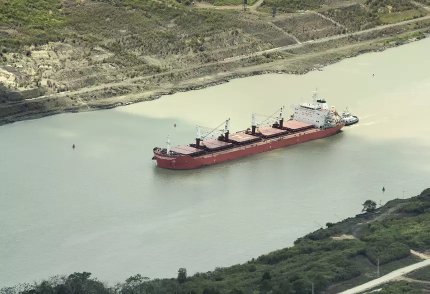According to investigative journalists of the Financial Times, Russia paid individuals in Great Britain to help create a shadow fleet of oil tankers to circumvent Western sanctions.
Points of attention
- Investigative journalists from the Financial Times uncovered that individuals in Great Britain aided Russia in establishing a shadow oil fleet to sidestep Western sanctions.
- Russia employs over 400 tankers in its shadow fleet, transporting approximately 4 million barrels of oil daily, in defiance of sanctions.
- A British accountant, John Ormerod, was instrumental in the purchase of tankers for Russia's shadow fleet, raising concerns about ownership and potential risks such as oil spills.
- The UK is investigating 37 companies for suspected violations relating to the sale of Russian oil, with the Office for Financial Sanctions receiving additional funding to bolster sanctions enforcement.
- Criticism surrounds the delayed charging of firms for sanctions violations, with concerns about the complexity of investigations and potential impacts on oil prices.
What is known about the circumstances of the creation of the shadow oil fleet of the Russian Federation
It is noted that the journalists never managed to find out about the ultimate owner of the vessels that Russia uses to transport oil to circumvent sanctions.
The publication warns that in the event of an oil spill due to the unsatisfactory condition of these vessels, it will be almost impossible to obtain compensation for the damage.
Russia began assembling its own shadow fleet after the introduction of the first Western restrictions on the sale of Russian oil, around December 2022.
Currently, there are more than 400 tankers in the Russian shadow fleet, which transport approximately 4 million barrels of oil per day.

In particular, the Russian oil company "Lukoil" succeeded in bribing the British accountant John Ormerod.
Journalists note that it was Ormerod who played a key role in the purchase of more than 25 not new tankers for a total of about 700 million dollars.
Ormerod registered the purchased vessels in the Marshall Islands. However, the deposit for the purchase of the tanker was made by the company Eiger Shipping DMCC (its real owner is Lukoil).
It is emphasized that the ships were managed by companies from Dubai, which are associated with the British shipping magnate Muhammad Tahir Lakhani.
At the same time, part of the ships is owned by Freyana Shipping Ltd, registered in the Marshall Islands.
Freyana Shipping Ltd is wholly owned by Grand Eagle Maritime Inc, which is owned by Eudora Ltd.
The only director of all these three companies is the already familiar John Ormerod. At most, the British own 100% of the shares of Eudora Ltd.
What is known about the investigation in Britain regarding violations of sanctions on the sale of Russian oil
According to the BBC, an investigation is being conducted in Great Britain against 37 British companies suspected of circumventing the imposed sanctions on the sale of Russian oil.
Since December 2022, the UK Treasury has launched an investigation into 52 companies, 15 of which have already been closed.
However, in 37 cases, the investigation is ongoing and no one has been charged yet.
The names of the suspect firms have not been released, but the investigation is being conducted by the Office for Financial Sanctions (OFSI). In March 2024, it received £50m of additional funding to strengthen its enforcement of the sanctions regime.
Experts criticize the lack of punishment for violating sanctions.
Britain's Treasury says the delay is due to the complexity of such investigations, and Wilson notes that firms can easily provide documents that prove their innocence.
The U.S. is also wary of increasing controls so as not to trigger a rise in oil prices, since much of Russian oil is already sold at a significant discount.



